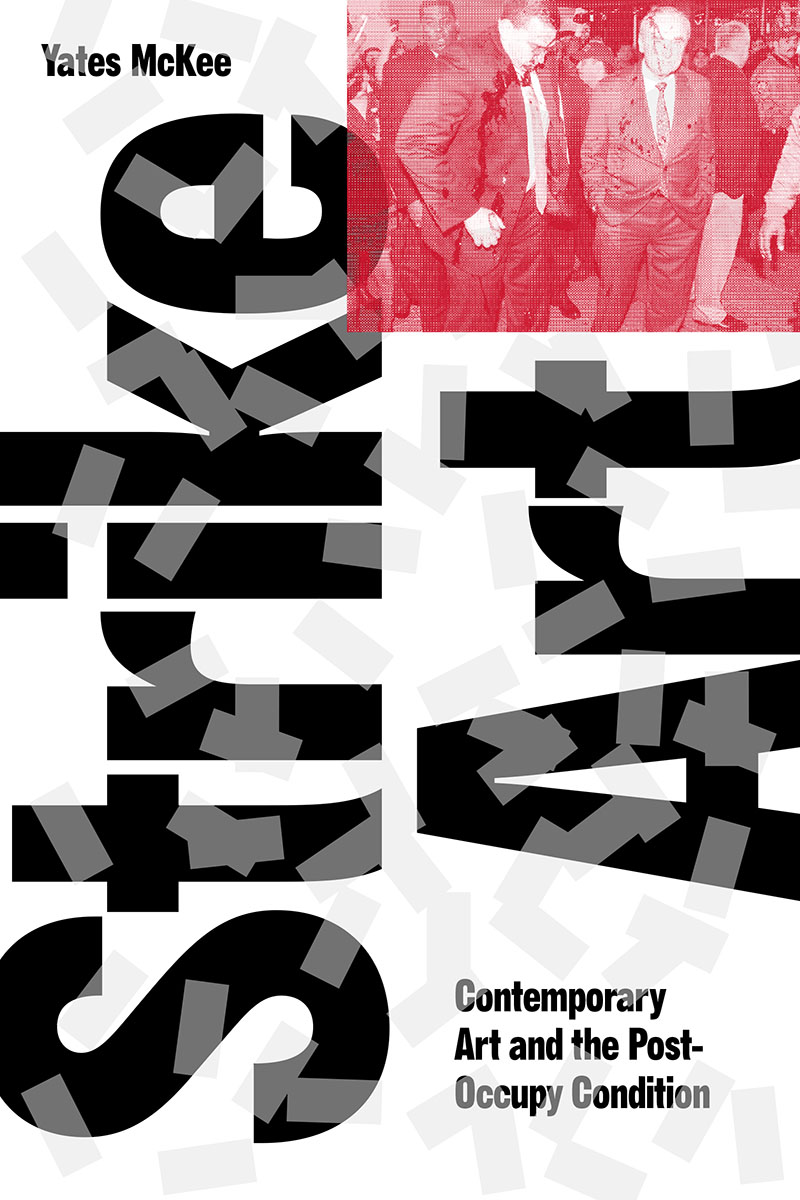In her recent essay “Lost Properties,” Chris Kraus profiles a number of artists who have found creative engagement in contexts far afield from the dominant institutions of the art world. There are art school graduates who operate a brewery to support a small gallery, and a group of artists who are organizing against the debt system. “Being an artist [today],” Kraus writes, “doesn’t necessarily mean making drawings or paintings or sculpture or even installations or videos. The desire to pursue a life in ‘fine art’ simply means a desire to respond creatively to the present, just as the disciplines of ‘poetry’ or ‘rock & roll’ were ciphers for countercultural lifestyles in other eras.”
The anti-debt organizers who Kraus discusses are involved in the Rolling Jubilee, a project of Strike Debt, an activist group that emerged from the ferment of Occupy Wall Street. The Rolling Jubilee purchases distressed debt for pennies on the dollar and then, instead of collecting on the debt, abolishes it. So far the project has abolished $18.5 million in medical and student loan debt. A central reason for the Rolling Jubilee’s success has been its use of tactics that powerfully combine symbolic and concrete forms of agitation—an approach that has been influenced by the artists involved in the project. Kraus suggests that if the Rolling Jubilee can be construed as partly an artistic undertaking, it is one that flouts received ideas about art and political engagement: “[The Rolling Jubilee] goes straight to the conceptual heart of semio-capital, in ways that material-based, old-fashioned ‘political art’ can only contemplate. Instead of producing objects that fetishize past revolutions, projects like the Rolling Jubilee abstract the concept of debt with wit and elegance, and, in the same gesture, attack and ameliorate it.”
Rather than addressing abstract questions about the relationship between art and politics, this conversation will take a resolutely empirical approach. What kinds of actual social movements and radical projects are actual artists engaged in today? Do they participate as artists, or is this aspect of their identity incidental to their involvement? Do artists have particular skills and knowledge that can be useful to emancipatory struggles? Conversely, in what ways do artists, wittingly or otherwise, contribute to the cooptation and recuperation of these struggles?
For more information about the Rolling Jubillee click here
The Debt Resisters’ Operations Manual. Published by Strike Debt.
Lost Properties by Chris Kraus. Published by Semiotext(e), 2014.
